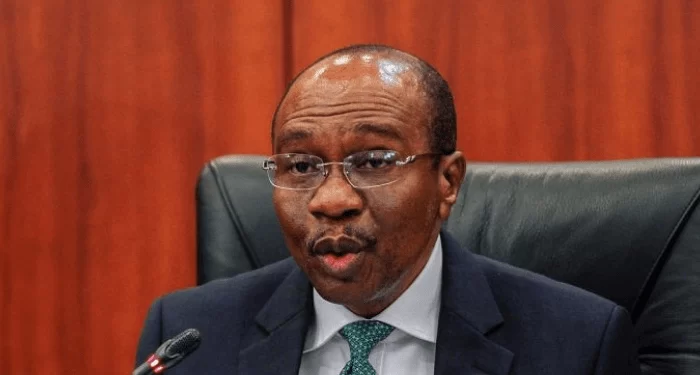The Central Bank of Nigeria (CBN) has raised the Monetary Policy Rate (MPR) for the third consecutive time between May and September 2022, amid rising inflation. Within months, the bank increased interest rates by 400 basis points (from 11.5% to 15.5%). This raises the question of whether the move by the CBN was the best and if the apex bank will stick to hawkish interest rate hikes if inflation proves unabating.
Indeed, an observation of the international economy shows that interest rate hikes have been the main policy response of many central banks as they try to contain inflation. Notably, the U.S. Federal Reserve Board did not slow down with its rate hikes despite inflation reductions in July and August 2022.
High price levels have eroded the living standards of citizens globally and for an emerging market economy like Nigeria, the situation is quite challenging considering that economic risks are still tilted to the upside.
Given the monetary policy stance of developed economies at a time like this, the main action of central banks, particularly of emerging market economies, is to protect the aggregate economic well-being of the country “without sentiments.” In similar situations of rapid rate increases in advanced economies in the past, emerging markets faced crises.
Capital inflows into Nigeria could be significantly hampered if the CBN fails to raise the MPR. This reminds us of the “taper tantrum” episode of 2013 when there was a sprint of capital outflows from emerging markets due to the expectation of U.S. tampering.
When a rise in interest rates in developed economies is fueled by expectations of more hawkish central bank actions, it can distress emerging market economies. For proper context, given that the U.S. Federal Reserve Board has recently raised interest rates (for the third consecutive time), other central banks will have to raise their rates as well to remain competitive—investors need to see a possibility of a good return on their investment—otherwise, investor sentiment regarding emerging markets (EMs) could decline, making them move their funds to “safer” U.S. assets.
When EMs like Nigeria raise interest rates, there won’t be a rush for dollar-denominated assets. This will reduce the demand for the dollar by investors and not further strengthen the greenback (dollar). So, by extension, raising monetary policy rates in Nigeria will help defend our naira.
Notwithstanding, raising the MPR will increase the cost of domestic borrowing, thereby having a constricting effect on domestic growth in the country. This emphasizes the need for the government to put countervailing measures in place to mitigate the impact of this policy tightening on businesses and vulnerable citizens.
Also, considering that Nigeria’s inflation is beyond monetary policy scope, the country needs to pay attention to improving productivity in the real sector. Raising the monetary policy rate cannot resolve the problem of oil theft in the Niger Delta. It will neither improve the low level of food self-sufficiency in the country nor help stimulate the country’s manufacturing sector.










